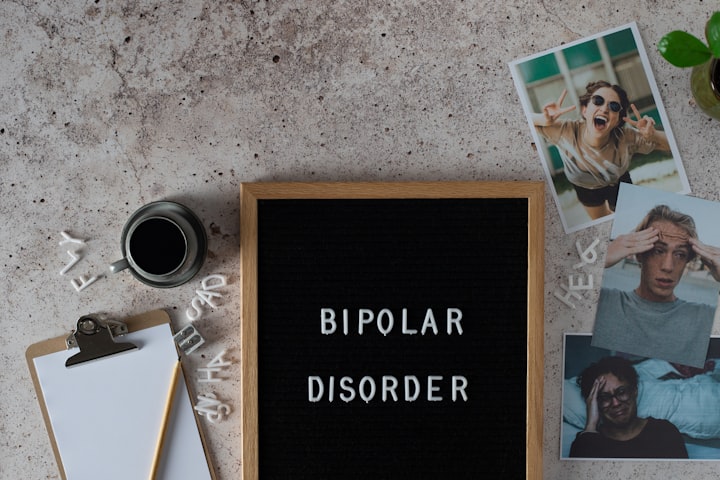Navigating Bipolar Disorder in a Romantic Relationship: Tips and Strategies
Navigating Bipolar Disorder in a Romantic Relationship: Tips and Strategies

Bipolar disorder can be a challenging mental health condition to manage, particularly in the context of a romantic relationship. When one partner has bipolar disorder, the other partner may struggle to understand their experiences and behaviors. However, with some knowledge and communication skills, it is possible for couples to successfully navigate bipolar disorder in a relationship. This article will explore some tips and strategies for managing bipolar in a relationship.
Understanding Bipolar Disorder
The first step in navigating bipolar disorder in a romantic relationship is to gain an understanding of the condition itself. Bipolar disorder is a mental health condition characterized by extreme mood swings that alternate between periods of mania and depression. These episodes can last for weeks or even months, and may be accompanied by symptoms such as irritability, impulsivity, anxiety, and sleep disturbances.
It's important to remember that bipolar disorder is a medical condition, not a personal failing or weakness. Individuals with bipolar disorder experience intense emotional and physical symptoms that can be overwhelming at times. It's also important to recognize that bipolar disorder affects everyone differently, and that there is no one-size-fits-all approach to managing the condition.
Tips for Supporting a Partner with Bipolar Disorder
If you are in a romantic relationship with someone who has bipolar disorder, there are a few things you can do to support them:
Educate yourself about bipolar disorder. Learning about the symptoms, triggers, and treatments for bipolar disorder can help you better understand your partner's experiences and behaviors. This can also help you to anticipate and respond to potential mood swings.
Encourage your partner to seek professional help. Bipolar disorder is a complex condition that requires specialized treatment. Encourage your partner to seek professional help from a mental health provider who has experience treating bipolar disorder.
Create a safe and supportive environment. Living with bipolar disorder can be difficult, and it's important to create a safe and supportive environment for your partner. This may involve setting boundaries, establishing routines, and creating a calming atmosphere at home.
Practice active listening. Communication is key in any relationship, but it's especially important when one partner has bipolar disorder. Practice active listening by paying attention to your partner's words, body language, and tone of voice. This can help you to better understand their experiences and emotions.
Be patient and understanding. Living with bipolar disorder can be a rollercoaster ride of emotions, and it's important to be patient and understanding with your partner. This may involve giving them space when they need it, or offering a listening ear when they want to talk.
Strategies for Managing Bipolar Disorder in a Romantic Relationship
In addition to supporting your partner, there are some strategies you can use to manage bipolar disorder in a romantic relationship:
Develop a plan for managing mood swings. Bipolar disorder is characterized by intense mood swings, so it's important to have a plan in place for managing these swings. This may involve developing coping strategies, setting boundaries, or establishing a routine.
Practice self-care. Living with a partner who has bipolar disorder can be challenging, and it's important to practice self-care to avoid burnout. This may involve engaging in activities you enjoy, seeking support from friends or family, or taking time for yourself when you need it.
Focus on the present moment. Living with bipolar disorder can be overwhelming, but focusing on the present moment can help to reduce anxiety and stress. Mindfulness practices such as meditation, yoga, or deep breathing can be helpful for staying present.
Use "I" statements. When communicating with your partner, using "I" statements is important instead of "you" statements. This can help to reduce defensiveness and promote understanding. For example, instead of saying "You always get so angry when you're in a manic episode," try saying "I feel scared when you get angry during a manic episode."





Comments
There are no comments for this story
Be the first to respond and start the conversation.